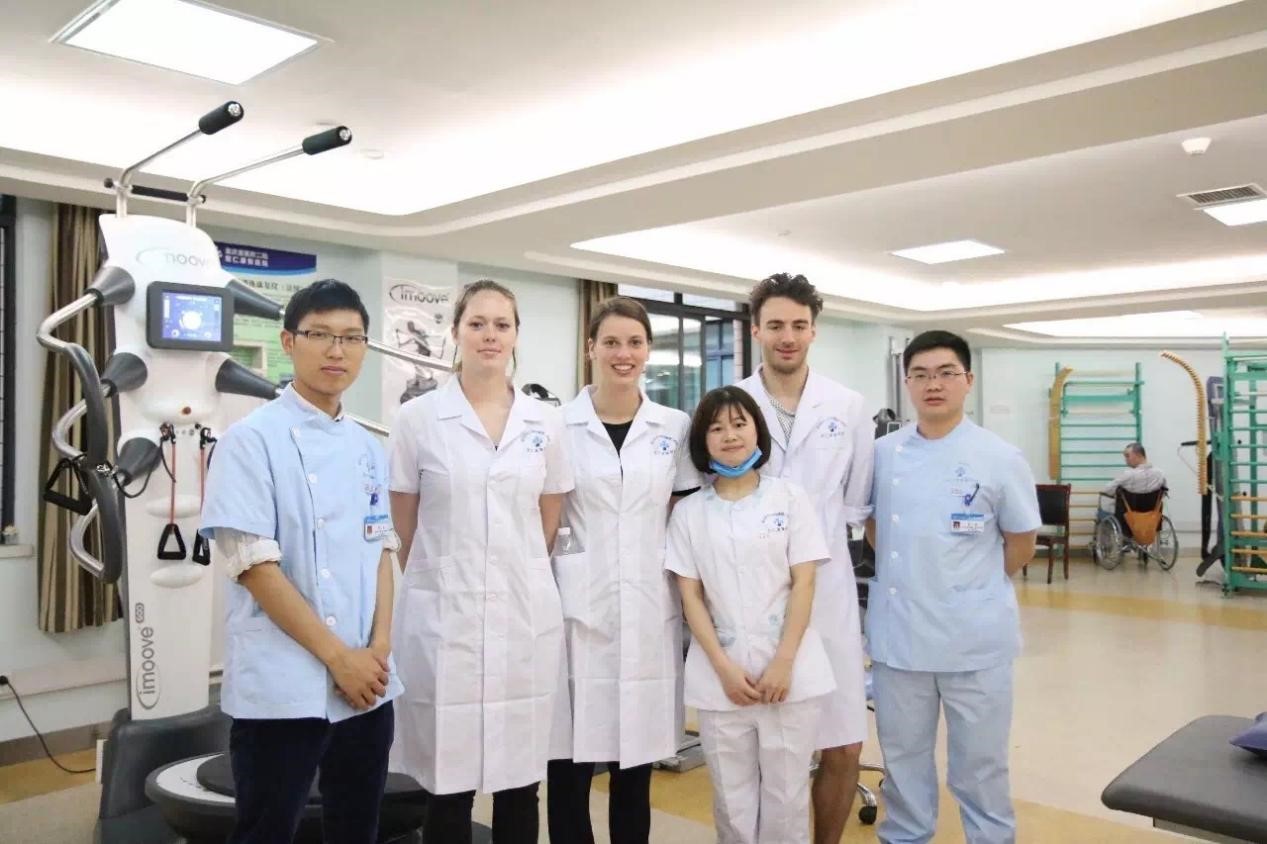
Background
With the unexpected COVID-19 challenging the world healthcare system, global cooperation on medical education is of more importance for the human future.
Vision
To broaden graduate students’ horizon, expose them to international environment, prepare them as competent researchers and doctors with an international vision, and eventually to benefit the world.
Objectives
•Join in a research teams at CQMU;
•Acquire research skills and gain experience in research design, analysis, and interpretation of results;
•Understand transformation from Basic research to clinical practice;
•Glimpse at Chinese medical education system (professional degree & academic degree);
•Gain a hands-on, applied-learning experience in public health and medical system in China;
•Observe the healthcare system in CQMU affiliated hospitals;
•Identify and understand the major causes of morbidity in the Southwest of China;
•Witness rare cases firsthand, while developing new skills and increasing
the understanding of how these diseases are progressed;
•Experience Chinese society and culture.
A. Institutes:
Chongqing Medical University and partner universities
B. Duration:
4 weeks to 6 months
C. Number of students:
5-10 students per year sent from each university.
Notes: The number of students to participate will be determined each year based on factors including student interest and funding availability.
D. Fee:
1. Programme fee waived.
2. Students pay tuition/registration fee to their sending institutes.
3. Students are responsible for their international transportation, meals, insurance, daily expenses.
E. Housing:
1. Free accommodation at CQMU
2. Free accommodation or supports of affordable housing from Dartmouth College
F. Contents:
i. Laboratory training
ii. Clinical observation
iii. Academic lectures
iv. Cultural lectures
v. Cultural activities
G. Options for Discipline at CQMU:
1. State key disciplines:
i. Clinical Laboratory Diagnostics
ii. Pediatrics
iii. Infectious Disease
iv. Neurology
2. ESI Top 1%:
i. Clinical Medicine (Infectious Diseases)
ii. Pharmacology & Toxicology
iii. Neuroscience & Behavior
iv. Biology & Biochemistry
v. Immunology
vi. Molecular Biology & Genetics
3. PhD disciplines:
i. Clinical Medicine
ii. Basic Medicine
iii. Biomedical Engineering
iv. Nursing Science
v. Stomatology
vi. Public Health and Preventive Medicine
vii. Pharmacy
viii. Traditional Chinese Medicine
4. Master disciplines:
i. Biology
ii. Biomedical Engineering
iii. Basic Medicine
iv. Clinical Medicine
v. Stomatology
vi. Public Health and Preventive Medicine
vii. Traditional Chinese Medicine
viii. Combined traditional Chinese medicine and Western medicine
ix. Pharmacy
x. Nursing Science
xi. Public Administration
xii. Statistics
xiii. Medical Technology
xiv. Electronic Information
xv. Translation
xvi. Applied Statistics
xvii. Applied Psychology
H. Options for Laboratories:
1. National Engineering Research Center
Ultrasonic Medicine
2. National Clinical Research Center
Children’s Health and Diseases
3. State Key Laboratory
Ultrasonic Medicine
4. State key laboratories of Ministry of Education:
i. Molecular Biology on Infectious Diseases
ii. Clinical Laboratory Diagnostics
iii. Child Development and Disease
5. Overseas Expertise Introduction Center for Discipline Innovation (or 111 Center):
i. Maternal-fetal Medicine
ii. Infection and Immunity
6. International Joint Research Lab of Reproduction and Development
7. Lab for Lipid Research
I. Options for Specialties at CQMU Hospital:
1. Geriatrics
2. Medical Imaging
3. Oncology
4. Obstetrical
5. Medical Laboratory
6. Specialized Nursing
7. Endocrinology
8. Neurosurgery
9. Thoracic Surgery
10. Anesthesiology
11. Intensive Care Unit
12. Cardiovascular Medicine
13. Ophthalmology
14. Neurology
15. Respiratory Medicine
16. General Surgery
17. Pediatric Intensive Care
18. Pediatric Respiratory Medicine
19. Neonatology
20. Pediatric Surgery
21. Pediatric Clinical Nursing